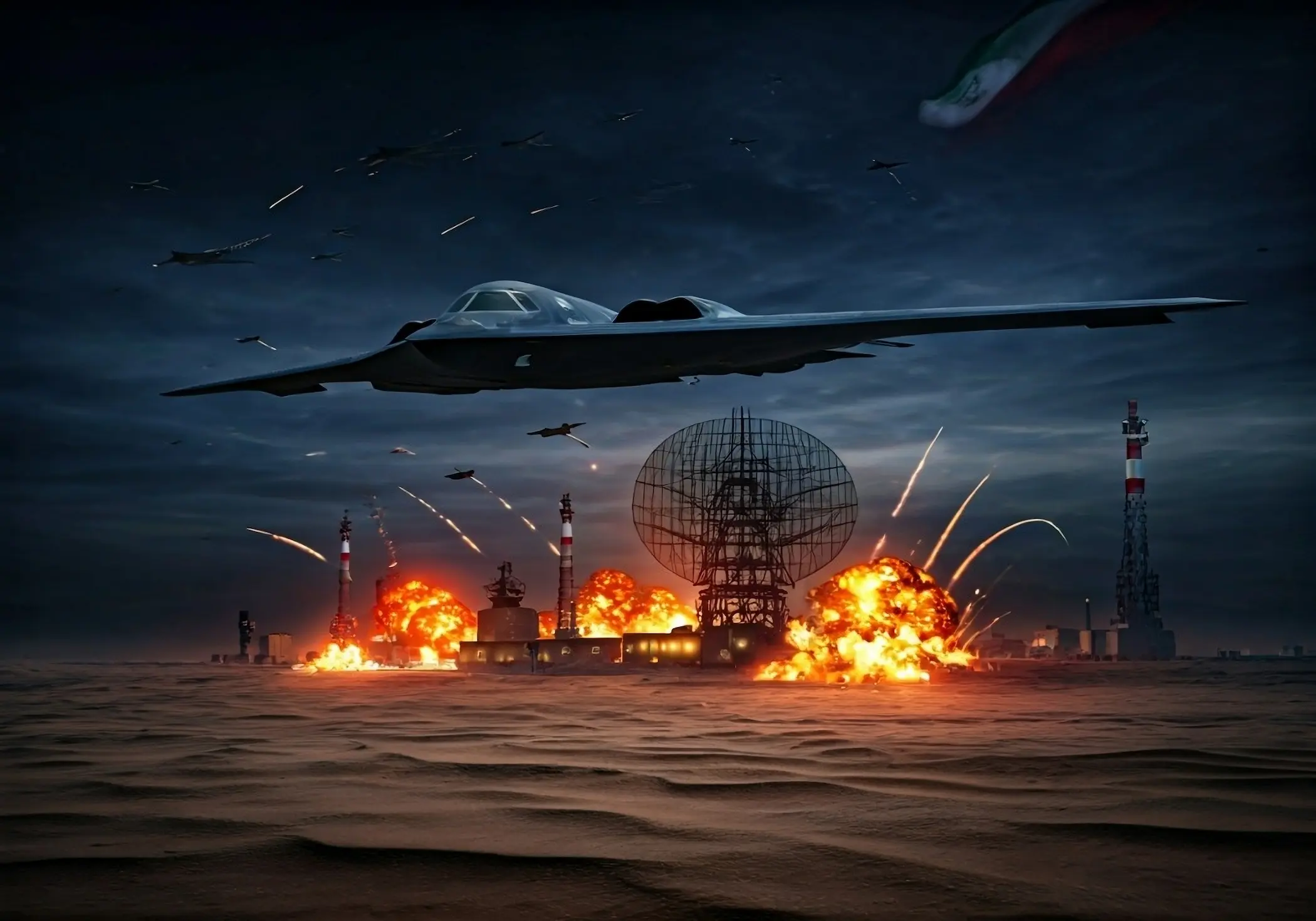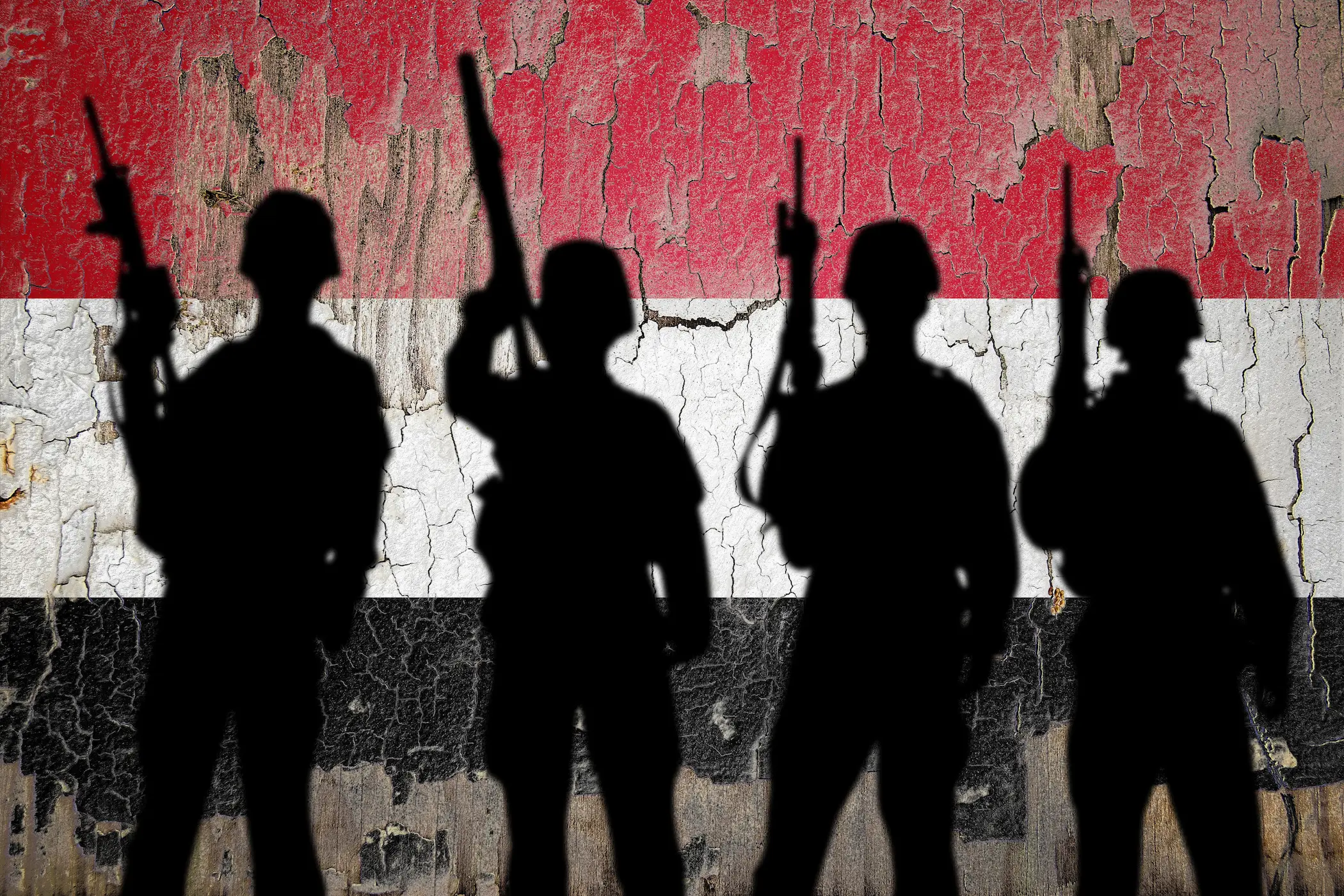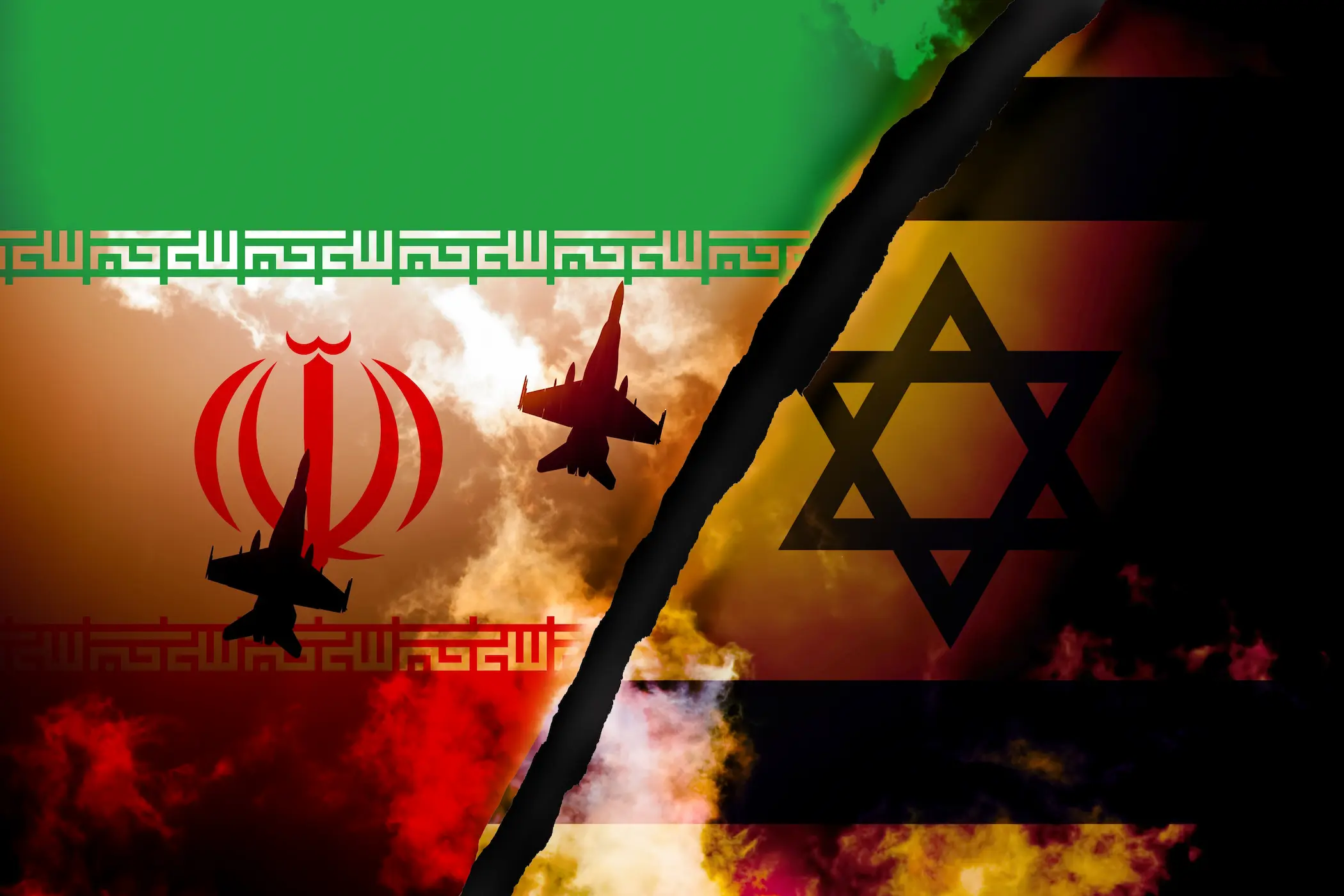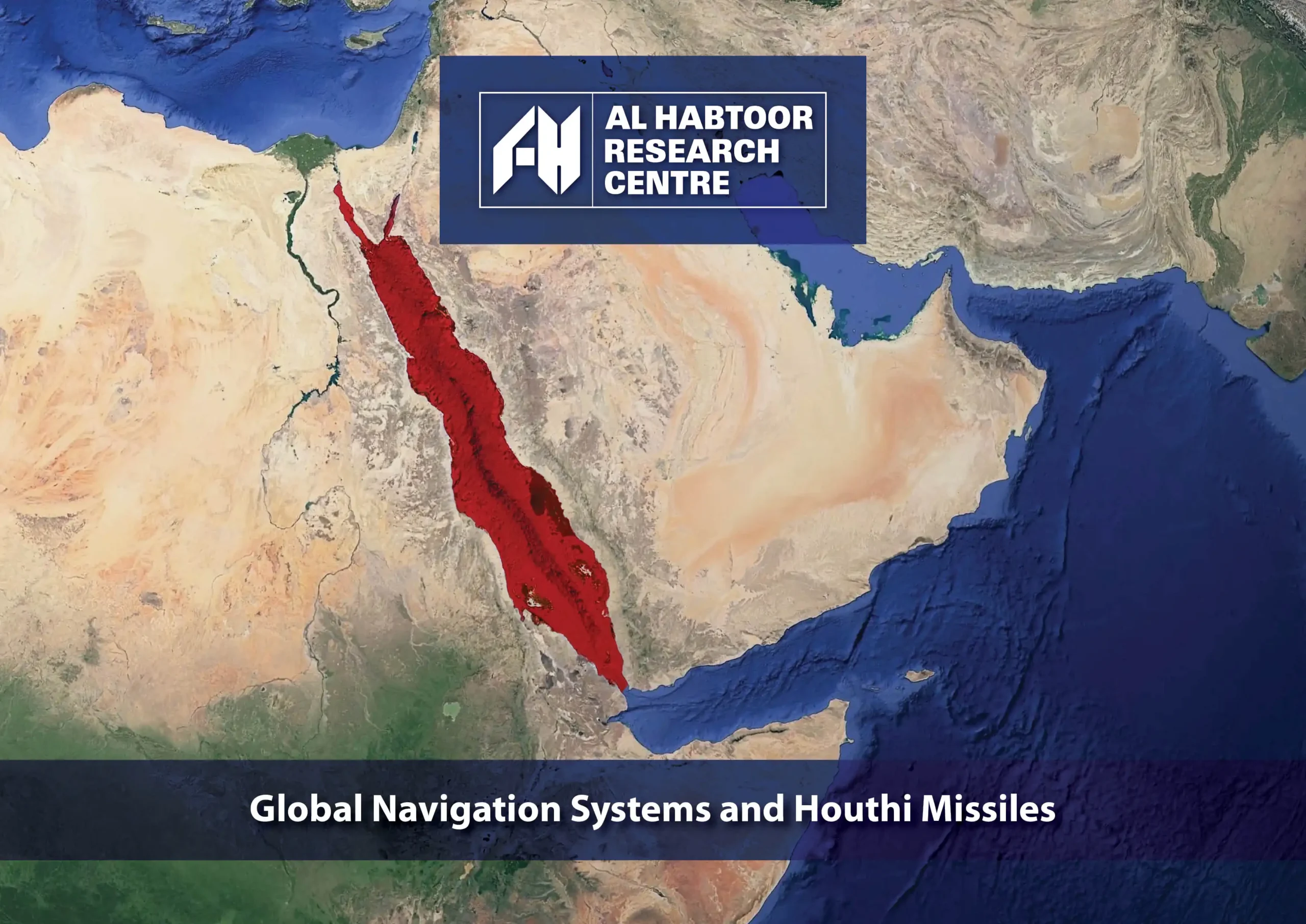23 Jun 2025
Containment to Confrontation: US Intervention in Iran
In the early hours of June 22, 2025, the Middle East entered a new phase of strategic confrontation following the United States' execution of a calibrated series of precision airstrikes against three of Iran’s most critical nuclear facilities: the Fordow Fuel Enrichment Plant, the Natanz Enrichment Complex, and the Isfahan Nuclear Technology Center. These strikes marked a significant inflection point in American policy toward Iran's nuclear program, signifying a deliberate departure from the long-preferred instruments of sanctions, diplomacy, and covert sabotage toward direct military action aimed at functionally dismantling Iran’s enrichment capacity.
The U.S. intervention did not occur in a vacuum but was preceded by a sweeping nine-day Israeli air campaign— “Operation Rising Lion”—which inflicted substantial damage on Iran’s conventional military and nuclear infrastructure. Yet U.S. strategic assessments concluded that Israeli capabilities alone would fall short of neutralizing the deeply buried Fordow facility, located nearly 90 meters beneath the mountains near Qom. Accordingly, Washington deployed B-2 Spirit bombers from Whiteman Air Force Base and launched submarine-based Tomahawk cruise missiles, employing—for the first time in combat—the GBU-57 Massive Ordnance Penetrator, a 30,000-pound precision-guided “bunker buster” weapon. The strikes were designed not merely to degrade but to decapitate Iran’s uranium enrichment trajectory at every critical juncture.
While the U.S. administration proclaimed the operation a “complete and total success,” Iran’s leadership sought to downplay the extent of the damage, signalling both resilience and continued intent to pursue its nuclear ambitions. Tehran’s initial response refrained from large-scale direct retaliation, instead signalling a likely pivot toward asymmetric reprisal via regional proxies such as the Houthis, alongside diplomatic escalation and renewed threats to abandon the Nuclear Non-Proliferation Treaty (NPT). This calibrated restraint highlights the regime’s acute awareness of the potentially existential consequences of a direct confrontation with the United States.
Structurally, the strikes reflect a paradigmatic shift in U.S. non-proliferation doctrine: from risk management through deterrence and arms control to selective, high-precision coercion. The operation also underscores a changing regional deterrence architecture, in which American military intervention is no longer conditioned by alliance consensus or Gulf coordination, as several key Arab states were reportedly excluded from prior notification. This signals an American willingness to act unilaterally—or bilaterally with Israel—when core proliferation red lines are deemed to have been crossed.
23 Jun 2025
Will the Houthis Intervene?
On June 22, the United States attacked three main nuclear facilities in Iran (Fordow, Natanz, and Isfahan), claiming that these strikes were successful and incapacitated the facilities. Following this attack, Iran fired a new wave of ballistic rockets at Israel while pledging to respond more fiercely to the U.S. attack. The degree of Iranian retaliation will be determined on whether the U.S. was successful in its attempt to completely destroy Iran's nuclear programme.
If Iran managed to move the enriched uranium into new safe places before the attack, or if these materials are being safely stored in the same facilities underground, beyond the reach of the U.S., the Iranian retaliation might be limited. However, if these materials have been destroyed, it is expected that Iran will retaliate strongly, as the U.S. and Israel have crossed the red lines that Iran has already set. In this case, Iran will tend to activate its proxy groups in the Middle East and get them involved.
14 Jun 2025
Strategic Assessment: The “Rising Lion” Strike and the Reshaping of Regional Security in the Middle East
On June 13, 2025, Israel launched an unprecedented and overt military operation against Iran, codenamed "Operation Rising Lion", marking a decisive shift in its strategic doctrine regarding Tehran’s nuclear trajectory. The operation, involving more than 200 combat aircraft—including F-15Is, F-16Is, and F-35s—targeted key nuclear infrastructure, foremost among them the Natanz enrichment facility, in addition to sensitive military and intelligence compounds in Tehran and suspected subterranean missile installations across multiple provinces.
The aerial strikes were not executed in isolation. They were accompanied by limited ground incursions carried out by Israeli special operations forces inside Iranian territory, alongside locally launched drones and sabotage missions activated by embedded networks, indicating a hybrid warfare architecture integrating airpower, cyber capability, and covert assets.
The operation resulted in the assassination of several senior Iranian military officials, including IRGC Commander Hossein Salami and Armed Forces Chief of Staff Mohammad Bagheri, as well as prominent nuclear scientists. Nevertheless, the intensely fortified Fordow enrichment facility, situated beneath a mountain near Qom, remained untouched, preserving Iran’s technical capacity to resume high-grade uranium enrichment if it chooses to do so.
Iran’s immediate response consisted of launching over 100 armed drones toward Israeli airspace, followed by announcements to construct a new, “impenetrable” enrichment site and to upgrade centrifuge infrastructure at Fordow. Globally, oil prices surged by over 10% within 24 hours, reflecting fears of regional destabilisation, particularly in light of Iran’s proximity to critical maritime chokepoints.
This paper thus aims to analyse the likely contours of Iran’s retaliatory strategy and to assess the broader geopolitical ramifications of the Israeli strike, particularly as they pertain to the security and strategic postures of the Arab Gulf in light of the retaliatory actions of Iran.
23 Mar 2025
Lebanon: A Pattern of Escalation in the Middle East
The latest wave of escalations in Lebanon is not a coincidence but part of a broader pattern of escalation. The U.S. strikes on the Houthis in Yemen were quickly followed by the collapse of the ceasefire in Gaza, and now, as anticipated, a rocket fire from Lebanon has provided Israel with the justification to escalate further. This strongly suggests that Israel is laying the groundwork for a wider regional conflict.
This escalation is not only shaped by international dynamics but also by internal Israeli politics. Netanyahu's government, under pressure from far-right factions, is actively pushing for expanded military action. The reappointment of Itamar Ben-Gvir as police minister is not an isolated decision but a signal that Israel is preparing for prolonged conflict. With these developments unfolding in quick succession, it is becoming clear that unless a major concession is reached, the region is heading toward another cycle of war.
25 Feb 2025
Emergency Arab Summit: The End of Gaza’s Suffering?
The upcoming emergency Arab summit in Cairo on March 4, 2025, occurs amid widespread regional and global condemnation of U.S. President Donald Trump's proposal to "take over" the Gaza Strip, transform it into what he claims will be the "Riviera of the Middle East," and resettle Palestinians elsewhere. This plan, though predictably outlandish, catalyses a gathering fraught with both peril and potential as it introduced uncertainty into the delicate ceasefire negotiations between Israel and Hamas. There are growing concerns that it may derail discussions for the second phase of the truce, which seeks to end the 15-month-long war.
Cairo finds itself not merely hosting a summit, but rather presiding over a critical juncture, one that will test the very foundations of Arab solidarity and expose the vulnerabilities inherent in a region perpetually teetering on the brink. This summit is not simply about addressing the Palestinian issue; it is about confronting a blatant disregard for Palestinian rights and a cynical manoeuvre that threatens to unravel any semblance of regional stability.
The summit’s raison d'être is clear to construct a unified Arab front against this displacement agenda and, more broadly, to reaffirm a collective commitment to the Palestinian cause. However, the very notion of “Arab unity” is itself a historically fraught concept, often more aspirational than actual. Past summits have showcased deep divisions and diverging national interests, rendering collective action elusive. Cairo must navigate these fault lines, leveraging the palpable outrage over the displacement proposal to forge a genuine consensus. The challenge lies not only in articulating a unified stance but in ensuring its practical implementation, translating rhetorical solidarity into concrete actions. This summit will serve as a litmus test for the Arab League’s relevance and capacity to act as a cohesive force in the face of external pressures and internal fissures. The spectre of past failures looms large, demanding a demonstrable shift from pronouncements to tangible outcomes.
24 Sep 2024
The UAE’s Vision for Peace in the Region
The war of extermination carried out by Israel against Gaza is now set to enter its second year, with no apparent signs of an imminent ceasefire. The continuation of this war, coupled with escalating regional tensions, paints a grim picture of peace prospects in the Arab world. Doors that were once considered pathways to peace are now seemingly closed, and the chances of reopening them appear increasingly slim. Day by day, the scope of this tension continues to spread, extending far beyond the immediate theatre of war in Gaza. The war has already led to the martyrdom of more than 40,000 civilians, while around 2 million Palestinians have been displaced, starved, and subjected to a dire humanitarian crisis. The bloody events of October 7 set off a firestorm that remains hard to put out, leaving the region engulfed in a whirlwind of uncertainty, with no end to this volatile situation in sight.
Consequently, peace seems unattainable at present, especially in light of the failure of mediation efforts led by Egypt, Qatar, and the United States (U.S.) to broker even a temporary truce. All available evidence points to a region entrenched in a state of perpetual war, driven by the Israeli government’s rigid stance under the leadership of Prime Minister Benjamin Netanyahu. Netanyahu's refusal to heed calls for peace has been instrumental in perpetuating the conflict, while the deep internal divisions among Palestinian factions further hinder any meaningful strides toward peace. In parallel, the U.S.’s unwavering political and military support for Israel has exacerbated the situation. This was most notably reflected in the U.S. administration's decision to send massive arms shipments to Israel and its vetoing of UN Security Council resolutions aimed at halting the war. America's entrenched bias complicates the prospects for peace, further compounded by the chronic weakness of Arab political and diplomatic efforts. These efforts often met with disdain by Israel, have failed to push forward an Arab peace initiative that could otherwise serve as a framework for dialogue.
The Israeli side possesses the capacity to pursue peace, yet it remains disinterested, acting instead according to the logic of force, violence, occupation, and the relentless expansion of settlements. This approach is further emboldened by the unfaltering and unrestricted military and political support it receives from the U.S. On the other hand, the Palestinian side expresses a clear desire for peace, firmly advocating for the two-state solution within the remaining territories of historic Palestine. However, it lacks the ability to assert this vision, hampered by the internal fragility of its governing institutions, the ongoing factional divisions, and the absence of robust Arab or international backing that could lend it the necessary leverage.
Despite these challenges, this is no time for despair, whether in small doses or great. Pessimism cannot be afforded, especially given the pressing need to bring the Israel-Hamas to an immediate halt. The tragedy unfolding in Gaza calls for renewed efforts to seek out alternative approaches and fresh avenues for achieving peace.
The region stands at a crossroads, facing two distinct paths and no third alternative. The first is the continuation of the war, and the second is the pursuit of peace. The power to decide lies in the hands of the regional countries and their wise leadership, not with the forces of violence, extremism, or chaos. To navigate away from the trajectory of war, it is crucial to ramp up political and diplomatic efforts, seeking to escape the war tunnel and realistically explore avenues for peace. These opportunities often emerge from the depths of tragic events such as those witnessed on October 7, and within the catastrophic humanitarian crisis, a faint glimmer of hope begins to surface. This difficult journey toward peace, however, rests mainly on the shoulders of the U.S., which has become the pivotal actor in the region, holding what appears to be 99% of the cards alongside five key Arab states: Egypt, Jordan, Saudi Arabia, the United Arab Emirates (UAE), and Qatar.
Among these nations committed to regional stability, the UAE has recently unveiled a bold and comprehensive vision for the post-Gaza war period. This initiative is fully aligned with the UAE’s longstanding strategy of reducing tensions across the region. Whether it was through diplomatic engagements with Iran, Turkey, Syria, Afghanistan, or Israel, the UAE has strategically positioned itself as a central diplomatic force. Over the past four years, this "diplomatic bulldozer" has moved steadily in multiple directions, and it is now carefully preparing for the delicate and challenging post-Gaza phase with measured precision and foresight.
During the year-long Israel-Hamas war, the UAE concentrated its efforts on providing humanitarian relief, achieving the highest record in delivering medical and aid assistance. Its most recent contribution was leading a critical international campaign to supply 1.3 million doses of vaccines aimed at immunising approximately 600,000 children against polio. This significant medical initiative was carried out under extremely challenging logistical, security, and political conditions.
In parallel with its medical and food relief efforts, the UAE took the lead in presenting a clear vision for the post-war phase in Gaza. Notably, it was the first country globally to declare its readiness to deploy peacekeeping forces to the region. This initiative falls within the UAE’s broader vision of transitioning from a state of war to a phase of sustainable peace. The UAE’s proactive approach was encapsulated in six key points:
Securing an official invitation from the Palestinian Authority to deploy peacekeeping forces in Gaza.
The Palestinian Authority undertaking substantial reforms, including the appointment of a prime minister to lead a new, independent Palestinian government.
The Palestinian Authority assuming governance over Gaza.
Israel’s recognition and acceptance of the principle of a two-state solution.
The U.S. assuming a central role in the post-war reconstruction and peace process.
Most critically, a clear and binding American commitment to the establishment of an independent Palestinian state, formally documented in the UN Security Council.
These points are not conditions set by the UAE but rather a roadmap outlining the steps required to achieve lasting peace in the region. The strategy begins with the establishment of a truce and the cessation of war in Gaza, underpinned by a Palestinian civil administration supported by Emirati and broader Arab forces. This would, in turn, lay the groundwork for the eventual reconstruction of Gaza, fostering a foundation for long-term stability and peace.
However, amid the U.S.’s hesitance, Israel’s procrastination, and the Palestinian Authority’s inability to act decisively, the UAE, through its Foreign Minister Sheikh Abdullah bin Zayed, made it unequivocally clear that it is "not prepared to support the second day of the war in Gaza without the establishment of a Palestinian state." This statement conveyed multiple critical messages, chief among them the stark reality of how difficult it will be to achieve peace. It underscored that the region cannot have lasting stability without implementing a two-state solution, which remains the only viable pathway to resolving the world’s longest-standing regional conflict. Furthermore, it reaffirmed the UAE’s steadfast commitment to the justice of the Palestinian cause and its unwavering support for the Palestinian people's right to an independent state.
The UAE President’s visit to Washington this week carries a unified Gulf and Arab message, emphasising the urgent need for collective action to halt the catastrophic Israel-Hamas war. This visit signals the UAE’s intent to convey a clear message to the international community, stressing the necessity of coordinated efforts to bring an end to the ongoing disaster facing the Palestinian people.
The UAE is leveraging all its diplomatic efforts and political influence to break free from the entrenched cycles of war, conflict, instability, and chaos that have long gripped the region, steering instead toward the long-anticipated horizon of peace and stability. Achieving peace in a region that has witnessed four major wars between Arab nations and Israel, three wars in the Arabian Gulf, and more than 20 civil wars across Somalia, Sudan, Syria, Libya, Lebanon, Iraq, Yemen, and other parts of the Arab world requires unprecedented resolve and commitment.
The Arab region has, over the decades, become saturated with wars, with fires still raging in several corners. In response, the UAE has taken it upon itself to act as the "bulldozer of peace," aiming to reduce tensions and extinguish the flames of war that have ravaged the Arab and broader Middle Eastern region. These conflicts have not only exhausted nations but have also consumed valuable years that could have been spent on development, modernisation, and the pursuit of regional renaissance. The UAE is acutely aware that it does not exist in isolation; its national stability and prosperity—alongside that of its Gulf neighbours—are inextricably tied to the broader stability of its geographical neighbourhood. This interdependence forms the core of the UAE’s vision for achieving lasting peace in the region.
18 Sep 2024
Restoring Lost Deterrence: Pager Explosions in Lebanon
In a well-coordinated assault targeting Lebanon’s southern suburbs—an area known for being a Hezbollah stronghold—and specific regions in Syria, hundreds of pager devices used by Lebanese Hezbollah members were detonated simultaneously. Early reports, at the time of writing, suggest the attack claimed the lives of over a dozen individuals and left thousands more injured.
Israel has a long-established record of carrying out extrajudicial operations, ranging from targeted assassinations to sophisticated cyber-attacks aimed at its adversaries. A hallmark of its tactics includes booby-trapping communications devices, as seen in the 1996 assassination of Yahya Ayyash, a prominent Hamas bomb maker, who was killed using a bomb concealed within his mobile phone. Given this precedent, it is plausible that Israeli intelligence, specifically the Mossad, orchestrated the recent operation by infiltrating the manufacturing process of these pager devices, possibly embedding lithium-ion batteries rigged with meticulously calibrated explosives.
The operation raises many questions about the strength of the security of Hezbollah’s communications infrastructure, which calls for looking at the incident from a deeper perspective to decipher its meanings and implications from the perspective of the communications security used by Hezbollah or other resistance groups in the region or even regular armies in the Middle East.
11 Sep 2024
Al Karamah Crossing Incident: Individual Act or Growing Resistance?
A Jordanian citizen opened fire at the Al Karamah crossing—known as the King Hussein Bridge in Jordan and the Allenby Bridge in Israel—resulting in the deaths of three Israeli security guards. This incident took place in a commercial zone under Israeli control, where Jordanian trucks unload goods bound for the West Bank. While the crossing has seen relatively few security breaches since 2014, when Israeli guards fatally shot a Jordanian judge they claimed had attacked them, this latest episode marks a significant and potentially destabilising development.
The timing is particularly notable. The current incident marks a significant and troubling development, being the first of its kind since the events of October 7, which triggered the Israel-Hamas war and escalated tensions across the region. Its occurrence comes amid heightened Israeli military operations, including a nine-day incursion into the city of Jenin and its adjacent refugee camp in the West Bank.
Israel’s immediate response was to seal all land crossings with Jordan, halting civilian passage and initiating investigations into the Jordanian trucks present at the time of the attack. This blockade has resulted in significant logistical disruptions, with dozens of convoys stranded at the border. The incident not only exacerbates regional tensions but also prompts critical questions: Is this an isolated incident, or does it represent the fuse for a broader wave of resistance against Israeli policies in the occupied territories?
25 Aug 2024
The Economic Ramifications of Israel’s Pre-emptive Strikes on Hezbollah
In the morning of Sunday, Aug. 25, the Israeli army carried out a pre-emptive strike, launching intensive air raids with around 100 fighter jets targeting over 40 sites believed to be Hezbollah’s precision missile launch points. These sites were allegedly being prepared for strikes against Israel’s northern border in retaliation for last month’s assassination of Hezbollah’s military commander, Fouad Shukr. In response, Hezbollah launched a significant counterattack later in the morning, deploying numerous drones and firing over 320 Katyusha rockets at Israel, hitting 11 military targets. The escalation raises concerns, particularly as the Israeli government plans to allow residents to return to the northern areas they evacuated nine months ago. Should Israel fail to mitigate Hezbollah's ongoing strikes, the situation could have severe political and security repercussions for the government. This analysis examines the immediate and direct economic impacts of these mutual attacks on both sides of the border, and the potential broader consequences should the war continue and intensify.
31 Jul 2024
The Assassination of Ismail Haniyeh: Implications for the Region
Ismail Haniyeh, the leader of Hamas’s political bureau, was assassinated in Tehran, Iran on July 31, 2024, following his attendance of the inauguration of Iran’s new president. Iran and Hamas have accused Israel of the assassination but Israel has given no response, as is common practice when Israel is involved in an assassination. The assassination of Haniyeh followed the earlier killing of Fuad Shukr a senior Hezbollah commander in Beirut by Israel, as retaliation for an attack that left 12 dead in the Israeli-occupied Golan Heights.
Israel has stated previously that it would target Hamas officials wherever they are following October 7, and were successful in December when they assassinated Haniyeh’s deputy in Beirut, which brought ceasefire talks to a halt.
The targeting of Haniyeh who was leading negotiation efforts for a ceasefire in the Israel-Hamas War is a serious escalation, and its occurrence in the heart of Iran directly following the inauguration of Iran’s president, not only has serious implications on the Israel-Hamas War, but for Iran and its proxies as well, who have been targeted recently by Israel.
So far, Iran has not provided information on how the assassination occurred, with the Iranian Revolutionary Guard Corps (IRGC) stating that the attack is under investigation, it is likely that a precision guided missile was used to target the IRGC veteran’s mansion that he was staying in. Following the assassination, Iran's Supreme Leader Ayatollah Ali Khamenei, has pledged that Israel will face "harsh punishment" for its action in Tehran.
This is not the first time that Israel has been able to penetrate Iran’s borders to conduct assassinations, Israel has routinely been able to target Iranian officials such as its yearslong assassination campaign against Iranian nuclear experts and others involved in the Iran’s nuclear program. Most recent was the 2020 assassination of, Mohsen Fakhrizadeh, a leading Iranian military nuclear scientist, was killed by a remote-controlled machine pistol while driving outside Tehran.
Given Iran's direct and massive missile barrage against Israel in April, following the bombing of its embassy in Damascus, the world now faces significant questions: How will Tehran respond to the assassination of Ismail Haniyeh on its soil? Moreover, does Iran have the capability or incentive to contain the actions of Hezbollah and the Houthis, especially after Israel’s killing of Hezbollah’s Fuad Shukr in Beirut and its bombing of the Houthi’s Hodeidah Port?
20 May 2024
What’s Next for Iran?
On May 19, while returning from the inauguration of the Giz Galasi Dam, Iranian President Ebrahim Raisi’s helicopter crashed near Varzaqan, Iran. Initially described as a “hard landing” it became apparent by the end of the day that there were no survivors. The crash killed all on board, including President Raisi and Foreign Minister Hossein Amir-Abdollahian.
19 Feb 2024
Global Navigation Systems and Houthi Missiles
The Houthi militia targeted shipping traffic in Bab al-Mandeb Strait, aiming to exert pressure on Israel to lift the siege on the Gaza Strip. This resulted in the striking of dozens of ships as they traversed the strait in both directions.
Between November 19, 2023, and January 29, 2024, a total of thirty-five ships were targeted. The series of attacks commenced with the seizure of the vessel ‘Galaxy Leader’ and concluded with the naval missile strike on the ship " ‘Lewis B. Puller.’











